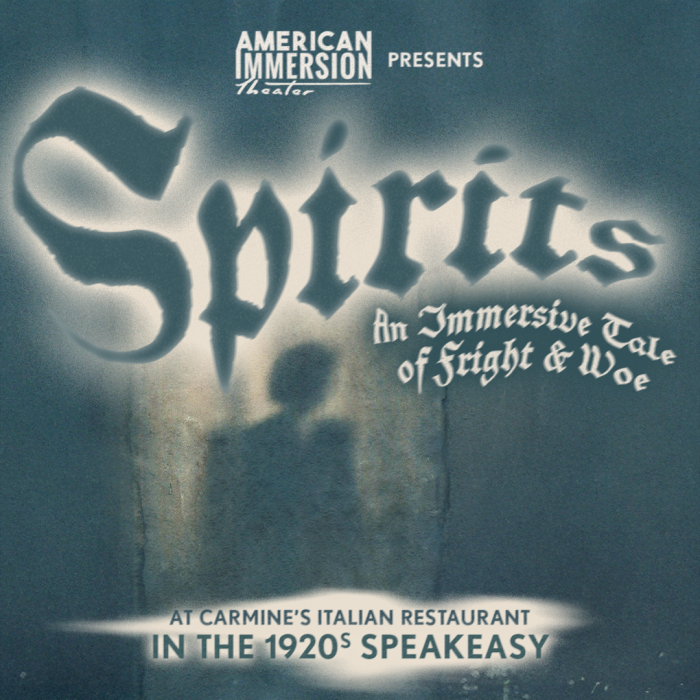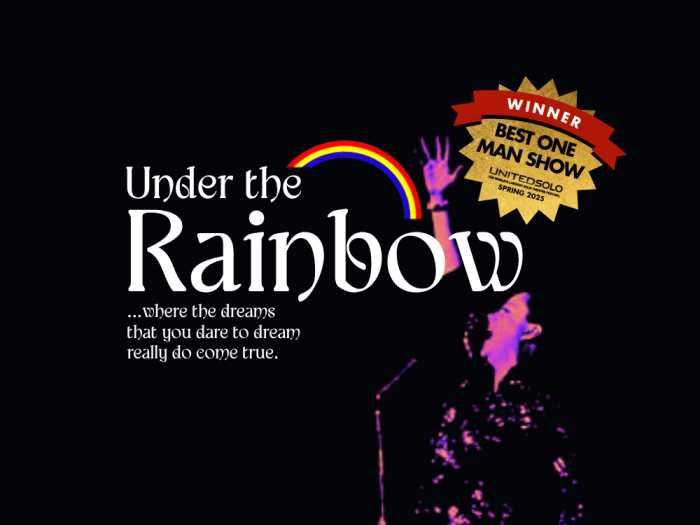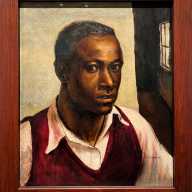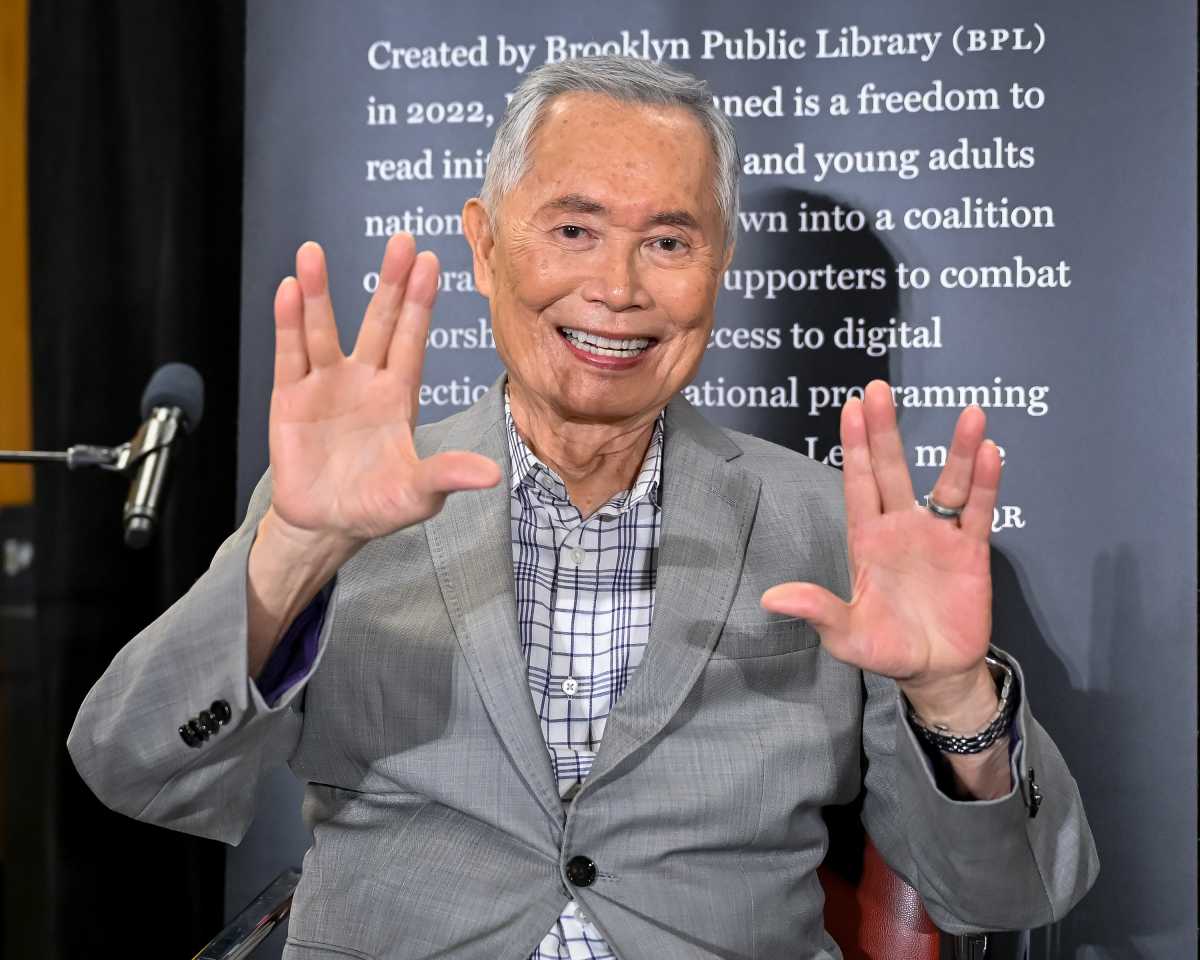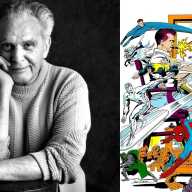In another era, Dalton Trumbo, the screenwriter who became the face of the Hollywood blacklist while working under pseudonyms, would have been celebrated for exemplifying the best and most frequently exalted American qualities.
He stood up to the “man,” developing a front to keep himself and his writer friends employed. He thought outside the box to preserve the American dream in a dark hour. He made the absolute most of his natural talent under great duress, winning two Oscars while blacklisted.
Jay Roach’s “Trumbo,” which explores the “Roman Holiday” and “Spartacus” screenwriter’s time at the center of the second Red Scare, captures this essence of the man (played by Bryan Cranston). Where it comes up short is in that less tangible quality that sets good and great historical films apart from the mediocre ones: The movie feels more like an educational picture, an excuse for actors to play dress up and impersonate famous people in re-enactments than it does a vibrant piece of contemporarily relevant cinema.
There’s a distancing effect in Roach’s methodology; the filmmaker fails to evoke the essence of this experience because he is so focused on a straightforward accounting of the events. It’s a tremendous story on the surface, and there’s plenty of material to engage with, but the safe aura, the point-and-shoot nature of the aesthetic, too often keeps it ensconced in the past rather than bringing it into the present.
Cranston, one of the best actors around, finds the notes of fear and dread beneath Trumbo’s persistently determined exterior. The enormity of this crisis is most deeply felt less when the screenwriter takes concrete action, or argues with John Wayne, than in the quiet after celebrating an Academy Award he can never claim, or the lonely, helpless feeling of being harangued in public testimony in front of the House Un-American Activities Committee.
The supporting cast — ranging from Helen Mirren as gossip maven Hedda Hopper to John Goodman as producer Frank King — is similarly top of the line.
They’re hampered, however, by a directorial approach that is more committed to period verisimilitude than a mining of its psychological depths.











